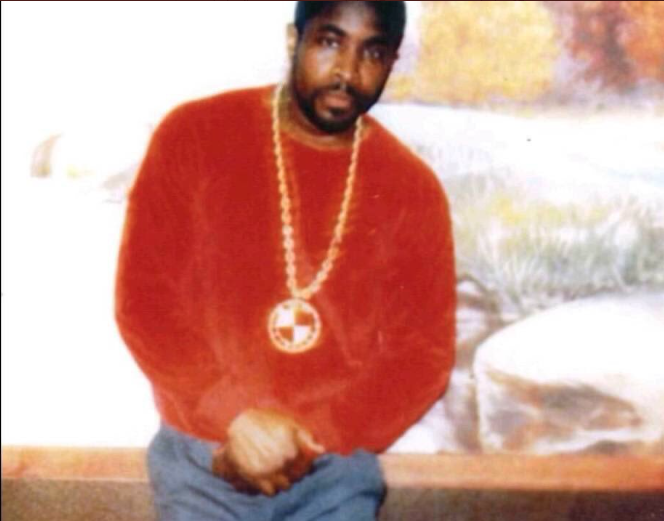In a recent ruling in the the Second Circuit Court of Appeals, a federal appellate court has given reputed street legend Kenneth “Supreme” McGriff a glimmer of hope in forcing another judge to consider the Supreme Team leader for a sentence reduction.
U.S. District Judge Frederic Block was ordered to consider a motion filed by McGriff for a sentence reduction. The motion was filed under the First Step Act, an Obama-era law designed to reduce the disparity between those sentenced for crack cocaine offenses and those sentenced for powder cocaine offenses. The Second Circuit contended that Judge Block wasn’t clear in following the federal sentencing guidelines when he denied McGriff’s motion for a reduced sentence on a conviction for distributing 50 grams or more of crack cocaine, 500 grams or more of cocaine, and an unspecified amount of heroin.
Block must reconsider the motion, however, his 2020 ruling almost promises that McGriff will remain behind bars even with a sentence reduction. Block admitted that he was eligible for a reduction, but admitted that he didn’t want to give McGriff a reduced sentence because of his “extensive criminal history and the heinous nature of the acts of violence attributable to him.”
McGriff was convicted of two counts of murder for hire and several federal drug offenses. Federal prosecutors claim that McGriff was the head of the Queens-based Supreme Team, a deadly drug organization responsible for dozens of murders before attempting to take their illegal businesses on a legal route, including through the Hip Hop industry. Jurors found that McGriff was responsible for the murders of Eric “E. Money Bags” Smith and Troy Singleton, having paid $50K to the killers.
McGriff’s attorney, who says that his motions are part of the 61-year-old’s ultimate goal, which is to not die in prison. While Supreme’s other life sentences remain that he is currently serving in Kentucky’s USP McCreary, his attorney contends, “any term of imprisonment that can be chipped away…permits McGriff to be in a marginally better position – which is not insignificant to McGriff – when McGriff files a motion for compassionate release – or some other form of collateral relief – in the future.”
Source link

